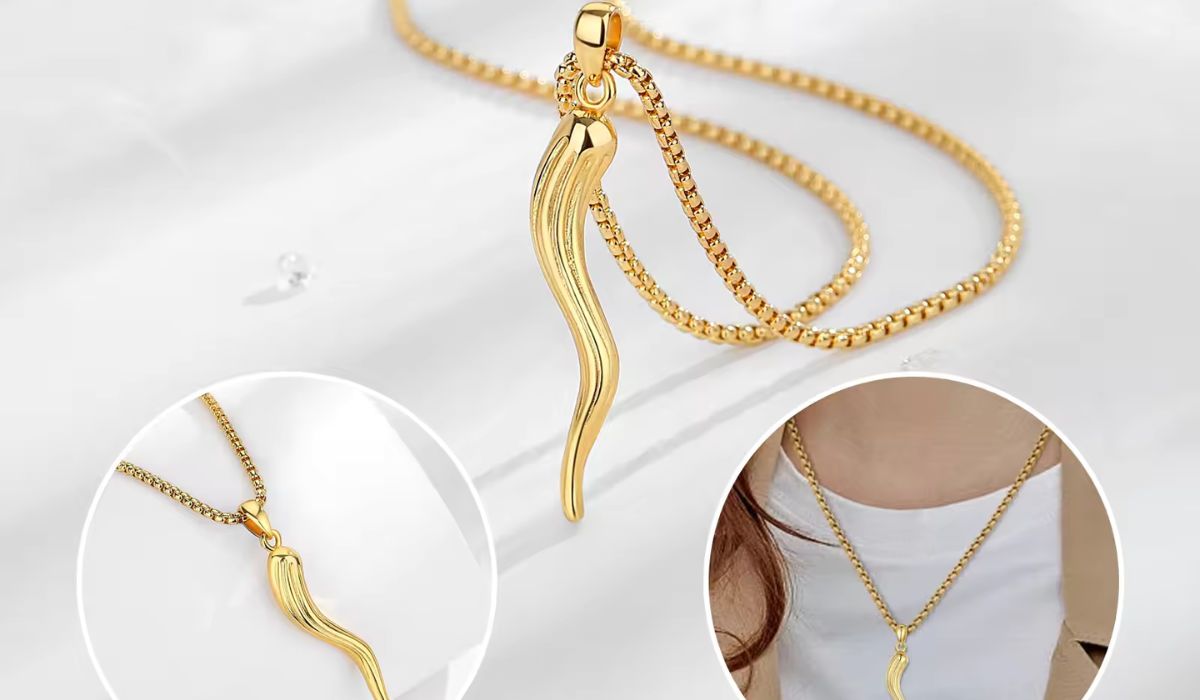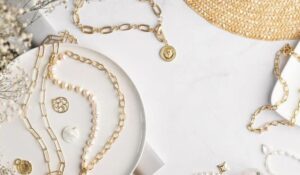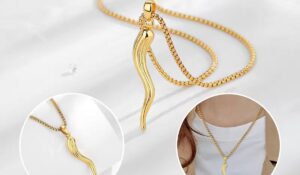Introduction
The Italian horn, known as Cornicello or Corno, carries deep cultural meaning and historical significance. It has long been considered a symbol of protection, especially against the evil eye, and is often associated with good fortune and vitality. This article explores the Italian horn’s origins, symbolism, and modern-day relevance.
History of the Italian Horn
The Italian horn has its roots in ancient Italy, particularly with the Etruscans and Romans. These early cultures believed that the horn’s shape, resembling an animal’s curved horn, held protective powers. It was used as a talisman to ward off evil spirits and bad luck. Over time, the Italian horn became a cultural symbol across Italy.
The horn’s use continued through centuries, evolving from a simple charm into a powerful amulet. Today, it represents both historical beliefs and modern interpretations. Its longevity speaks to its enduring cultural significance, and it is still a popular item in Italian households.
Symbolism of the Italian Horn
The Italian horn is primarily seen as a protective symbol. It is believed to guard against the “evil eye,” or malocchio, which is a curse caused by jealousy or negative energy. People wear the horn to deflect these harmful influences.
In addition to protection, the horn symbolizes strength, fertility, and prosperity. Its shape, similar to animal horns, represents masculine power and resilience. The Italian horn is often given as a gift during life milestones to bring good fortune to the recipient, emphasizing its role as a token of luck.
The Italian Horn in Modern Jewelry
Today, the Italian horn is commonly worn as a piece of jewelry. It is crafted in gold, silver, or red coral, and is usually worn as a pendant or charm. The horn remains popular not only for its protective qualities but also for its stylish appeal.
In the modern world, the Italian horn has transitioned from a purely symbolic item to a fashionable accessory. Celebrities and fashion enthusiasts alike embrace the horn for both its aesthetic value and its historical meaning. The balance between tradition and fashion keeps the horn relevant today.
Protection Against the Evil Eye
The horn’s connection to the evil eye is a crucial part of its cultural importance. In Italy, the evil eye represents a curse that can cause harm or bad luck. The Italian horn is used to protect the wearer from these negative forces, acting as a shield.
Many Italians still believe in the horn’s protective power. While its role in superstition might not be as prominent as it once was, it remains a symbol of defense against envy and harm. Wearing the horn provides peace of mind and symbolizes a spiritual safeguard.
Fertility and Prosperity Symbolism

Aside from protection, the Italian horn also symbolizes fertility and prosperity. In ancient times, newlyweds were often gifted a horn to bless them with a fruitful marriage. The horn’s shape is also linked to strength and virility, qualities that were highly valued in Italian culture.
Today, the horn is still a meaningful gift, given to those embarking on new journeys in life. Whether celebrating a new job, a marriage, or the birth of a child, the Italian horn represents hope for a prosperous and successful future. This tradition keeps the horn relevant in modern life.
The Italian Horn in Popular Culture
The Italian horn has made its way into popular culture, especially in fashion and media. Its distinctive shape has appeared in jewelry collections, and it has been worn by celebrities, further promoting its status as a cultural icon.
In movies and television, the horn is often depicted as a lucky charm or a symbol of protection. This exposure helps to keep the horn’s significance alive for new generations. It stands as both a connection to Italian heritage and a universally recognized symbol of good fortune.
How to Wear the Italian Horn
The Italian horn is usually worn as a pendant or charm, typically around the neck. Traditionally, it is believed that the horn should be worn close to the body, especially near the heart, to maximize its protective qualities.
Many believe that the Italian horn should be gifted rather than purchased for oneself to enhance its power. This belief adds a layer of tradition to the wearing of the horn, making it not only a symbol of protection but also a meaningful gift.
The Tradition of Gifting the Italian Horn
Italian horn meaning: The Italian horn is often gifted during important life events. Whether for weddings, births, or even birthdays, the horn represents a wish for good fortune and protection. This gifting tradition has been passed down through generations in Italy and is still widely practiced today.
The act of giving the horn to someone reflects a deep cultural connection. It is more than just a piece of jewelry; it carries with it centuries of symbolism and a desire to protect loved ones. This tradition keeps the Italian horn as a cherished item in both Italian and global culture.
Conclusion
Italian horn meaning: The Italian horn, with its rich history and deep symbolism, remains a powerful cultural icon. From its ancient use as a protective charm to its modern role as a fashionable accessory, the horn continues to be a meaningful symbol of protection, strength, and good fortune. Its versatility and timeless appeal ensure that it will remain a valued symbol for generations to come.
FAQs
1. What does the Italian horn represent?
The Italian horn represents protection against the evil eye, strength, fertility, and good fortune.
2. Is it bad luck to buy your own Italian horn?
According to tradition, the horn is believed to be most powerful when gifted, rather than purchased for oneself.
3. Can anyone wear the Italian horn?
Yes, the Italian horn can be worn by anyone, regardless of cultural background, as a symbol of protection and good luck.
4. How is the Italian horn worn?
The Italian horn is typically worn as a necklace or charm, often close to the heart to maximize its protective qualities.
5. What materials are used to make the Italian horn?
The Italian horn is commonly made from gold, silver, or red coral, each with its own symbolic meaning.










































Hi there, just became aware of your blog through Google, and found that it is truly informative. I am gonna watch out for brussels. I will be grateful if you continue this in future. Many people will be benefited from your writing. Cheers!